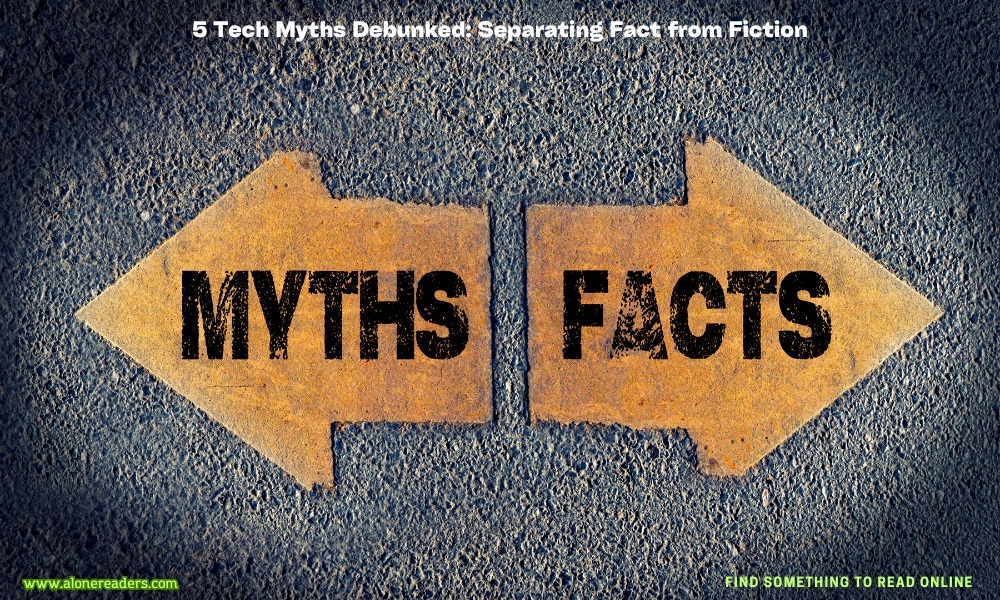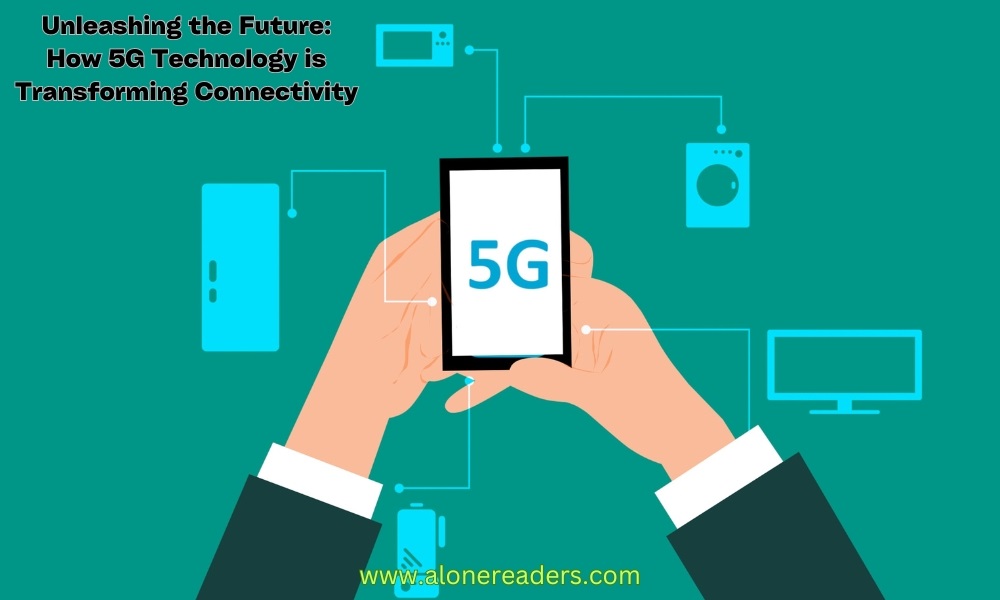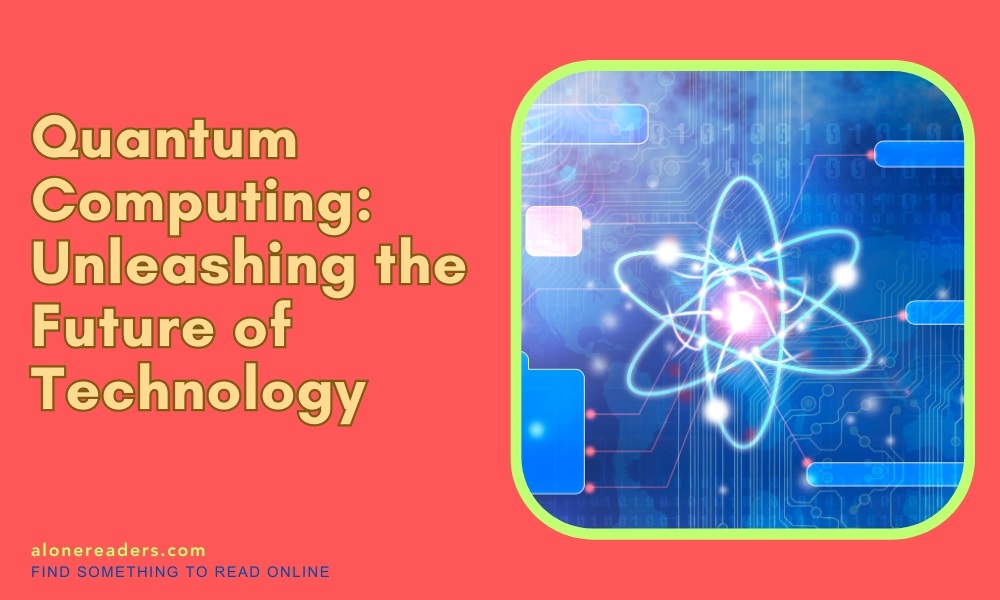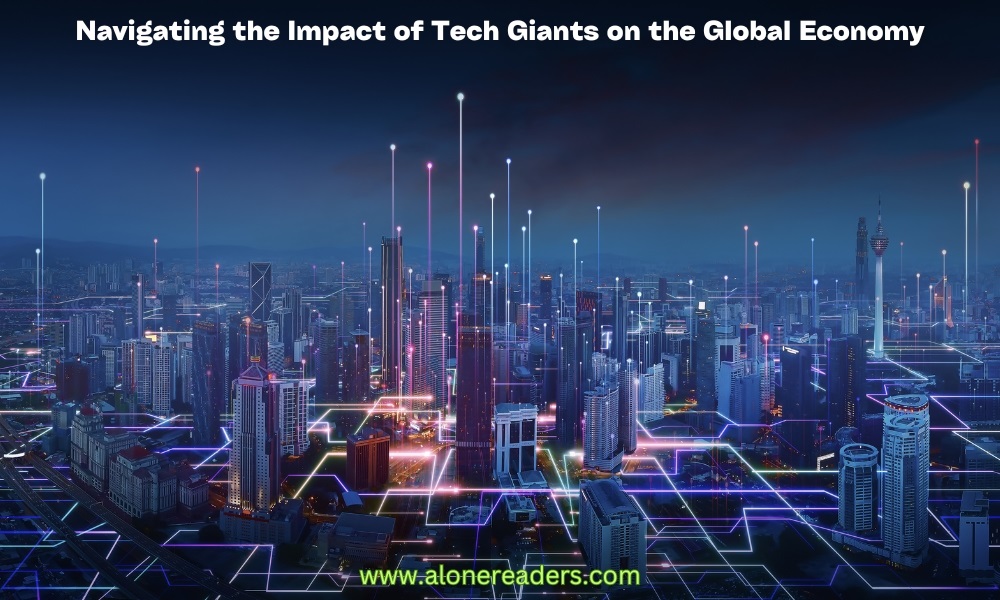AI vs. Human Brain: A Comparison of Data Analytics Efficacy and Precision
- Last updated: November 03, 2023
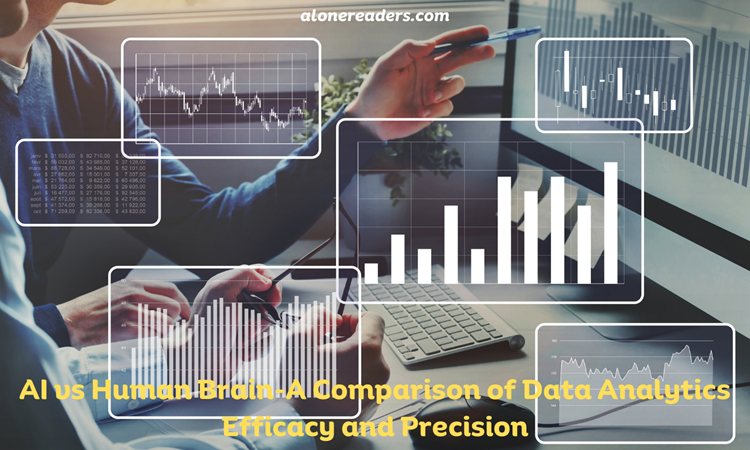
A Comparison of Data Analytics Efficacy and Precision
In the ever-evolving field of data science, a question that often emerges is: How does the efficiency and accuracy of artificial intelligence (AI) algorithms in data analytics compare to that of the human brain? This inquiry is not just a matter of curiosity but a fundamental exploration into the capabilities and limitations of both human cognition and artificial computation. At their core, both systems process information, learn from experiences, and make decisions based on interpreted data, albeit through vastly different mechanisms.
The Human Brain: A Natural Wonder
The human brain is an organ of extraordinary complexity, comprising approximately 86 billion neurons. Each neuron forms connections with thousands of other neurons, resulting in a network with trillions of synapses. It is estimated that the human brain operates on about 20 watts of power – astoundingly efficient when considering its capabilities.
Humans excel at tasks that require understanding, contextual interpretation, emotional intelligence, and ethical judgment. When it comes to data analytics, the human brain can identify patterns and anomalies in data that may not be initially evident, employing not just quantitative analysis but qualitative insights as well. However, the capacity to process vast amounts of data rapidly and continuously is not where the human brain excels, as it can be prone to fatigue, biases, and errors.
Artificial Intelligence: The Power of Algorithms
In contrast, AI algorithms are designed to handle and process large datasets at speeds and with a precision unattainable by human capabilities. These algorithms, powered by machine learning (ML) and neural network models inspired by the human brain, can analyze complex data sets in real-time, often providing insights and identifying trends that could take humans much longer to ascertain.
Efficiency in AI is multifaceted. It includes the speed of processing large datasets, the energy consumed per computational task, and the ability to multitask without degradation in performance. The accuracy of AI algorithms in data analytics is often superior, particularly in well-defined, quantitative tasks. AI can sift through noise to find meaningful patterns, conduct predictive analytics, and utilize deep learning to improve over time through experience.
Efficiency: A Matter of Context
When comparing efficiency, context is crucial. AI algorithms can work tirelessly and can perform certain types of analysis much faster than a human could. They can digest more information than any human brain could cope with, running 24/7 without rest. In terms of energy consumption, modern AI algorithms can require significant computational resources, especially during the training phase. However, once an AI system is trained, its efficiency in performing repeated tasks can be remarkably high.
The human brain, while not capable of the same speed, is incredibly energy efficient when performing complex cognitive tasks. No existing AI can match the brain's ability to perform such a wide range of tasks so efficiently in terms of energy use.
Accuracy: AI's Precision vs. Human Intuition
Accuracy is another critical aspect of this comparison. AI excels at tasks with clear-cut parameters and a large amount of historical data from which to learn. For example, in image recognition, after training on thousands or millions of images, AI can outperform humans in speed and accuracy. In contrast, humans can quickly adapt to new situations and make accurate decisions with very little information by using intuition and experience, a feat that AI has yet to replicate fully.
Human brains are also subject to cognitive biases and errors in judgment that can lead to less accurate data interpretation. Moreover, AI lacks the human capacity for understanding context in ambiguous situations, which can sometimes lead to misinterpretation of data.
The Synergy of AI and Human Intelligence
The dichotomy between AI and human data analytics is not a zero-sum game. The best outcomes often arise from a symbiotic relationship between the two. Humans can provide nuanced understanding and ethical considerations, while AI can manage and analyze large datasets rapidly and tirelessly. In fields like healthcare, combining AI's ability to quickly analyze medical data with a doctor's expert judgment can lead to better diagnosis and treatment plans.
The Future Landscape
Looking ahead, the integration of AI into data analytics will only deepen. The challenge will be to harness the strengths of both AI and human intelligence to complement each other. Innovations in AI, such as explainable AI (XAI), aim to make AI's decision-making process more transparent and understandable to humans, thereby fostering a more effective partnership between human and machine intelligence.
Conclusion
In the arena of data analytics, both the human brain and artificial intelligence have their unique strengths and weaknesses. AI algorithms are unrivaled in their efficiency and accuracy for specific quantitative tasks and in handling large-scale data analysis. However, the human brain's ability to understand context, adapt to new situations, and make judgments based on incomplete information remains a profound advantage. As AI continues to evolve, it is not about choosing one over the other but rather about leveraging the strengths of both to achieve the most insightful, accurate, and meaningful analytical outcomes. The collaboration between the computational prowess of AI and the cognitive flexibility of the human brain is where the true potential of data analytics lies.
